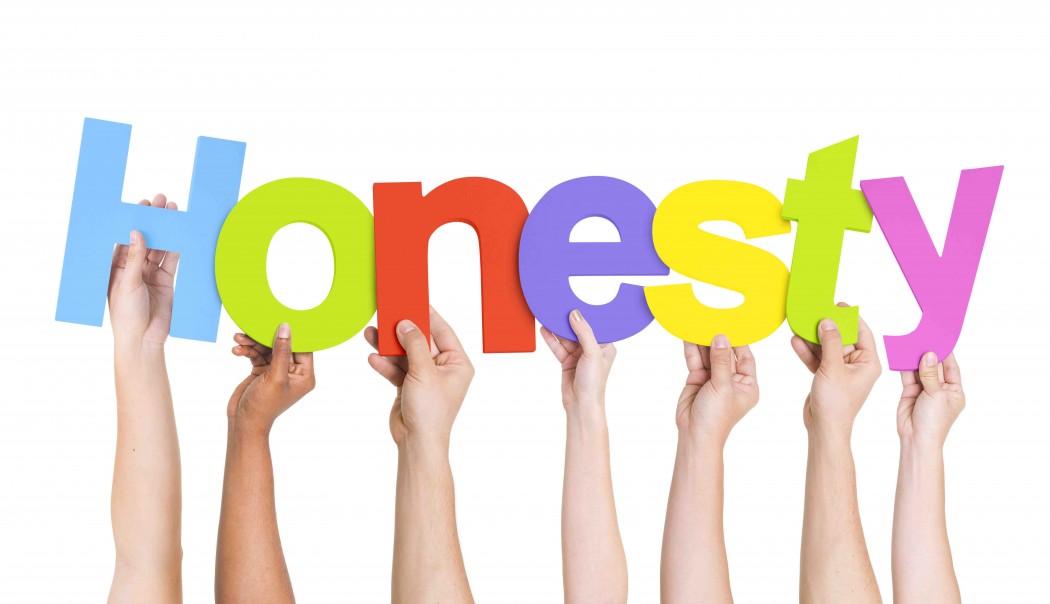Trying to rate which country’s people are the most honest is difficult—the answer may depend on the test you use, a researcher has found. Economist David Hugh-Jones of the U.K.’s University of East Anglia used online surveys to measure honesty in 15 countries, and rank them accordingly.
Trying to rate which country’s people are the most honest is difficult—the answer may depend on the test you use, a researcher has found.
Economist David Hugh-Jones of the U.K.’s University of East Anglia used online surveys to measure honesty in 15 countries, and rank them accordingly.
His own nation, the United Kingdom, scored very respectably on both tests that he used, but otherwise, reasonably consistent results between the tests were not easy to find.
Not only did the tests yield quite different rankings, but for both, only small differences—well within the margin of error—separated countries near each other on the list. Nonetheless, it was possible to form some impressions.
Only test-takers from the U.K. scored excellently in both tests on average—first, and second best. And only test-takers in China scored very near the bottom in both tests on average: worst, and second worst.
Japan flipped from first place in one test, to second last in the other. A similar but less dramatic flip affected Portugal.
If someone added up the rankings from both tests, and trusted the combined result, they would have to award the gold, silver and bronze medals for honesty among the group to the U.K., South Africa and Switzerland-and-Denmark (respectively; the last two sharing the bronze). This same analyst would presumably have to give the gold, silver and bronze for dishonesty to China, India and Brazil-Turkey, in very much the same way—the last two sharing bronze.
More than 1500 participants from 15 countries took part. One test was very straightforward. Subjects were asked to flip a coin and state whether it landed on heads or tails. Saying heads would reap a reward of $3 or $5. If more than half the people reported heads in a given country, this would suggest people were being dishonest.
Estimated dishonesty in the coin flip ranged from 3.4 per cent in the U.K. to 70 per cent in China.
The second test worked as follows. Participants were given a quiz about pop and classical music, where they again got money if they answered all questions correctly. They were asked not to look up answers on the Internet, and had to check a box confirming they had answered on their own before going to the next question. But three of the questions were deliberately hard (year of Claude Debussy’s birth, anyone?) so participants would probably need to look up the answer to get them. Getting more than one of these questions right was taken to indicate cheating.
In the quiz, respondents in Japan were found to be the most honest while those in Turkey were the least truthful.
Participants were also asked to predict the average honesty of those from other countries by guessing how many respondents out of 100 from a particular country would report heads in the coin flip test. However, participants’ beliefs about other countries’ honesty were pretty inaccurate, Hugh-Jones said.
“Beliefs about honesty seem to be driven by psychological features, such as self-projection,” he said. “Surprisingly, people were more pessimistic about the honesty of people in their own country than of people in other countries. One explanation for this could be that people are more exposed to news stories about dishonesty taking place in their own country than in others.”
People expected Greece to be the least honest country but in the coin flip it was one of the most honest, he said, while in the quiz it ranked in the middle. Of the respondents who expected less honesty in their own country, Greece and China were the most pessimistic. Another finding was that less honest respondents also expected others to be less honest, as, unexpectedly, did those from more honest countries.
The Asian countries did particularly poorly on the coin flip but not necessarily on the other test, Hugh-Jones said. He suggests this may be explained by cultural views specific to this type of test, such as attitudes to gambling, rather than differences in honesty as such.
Hugh-Jones said there has been increasing interest in the cultural and behavioral roots of economic development. He found that while the honesty of countries related to their economic growth—poor countries were less honest than rich ones—this relationship was stronger for growth that took place before 1950.
“I suggest that the relationship between honesty and economic growth has been weaker over the past 60 years and there is little evidence for a link between current growth and honesty,” said Hugh-Jones. “One explanation is that when institutions and technology are underdeveloped, honesty is important as a substitute for formal contract enforcement. Countries that develop cultures putting a high value on honesty are able to reap economic gains. Later, this economic growth itself improves institutions and technology, making contracts easier to monitor and enforce, so that a culture of honesty is no longer necessary for further growth.”
“People’s beliefs about the honesty of their fellow citizens, and those in other countries, may or may not be accurate, and these beliefs can affect how they interact,” he added. “For example, a country’s willingness to support debt bailouts may be affected by stereotypes about people in the countries needing help. So it is important to understand how these beliefs are formed.”
Besides the countries mentioned above, four others filled out the roster of 15 studied: Argentina, Russia, South Korea and the United States.










